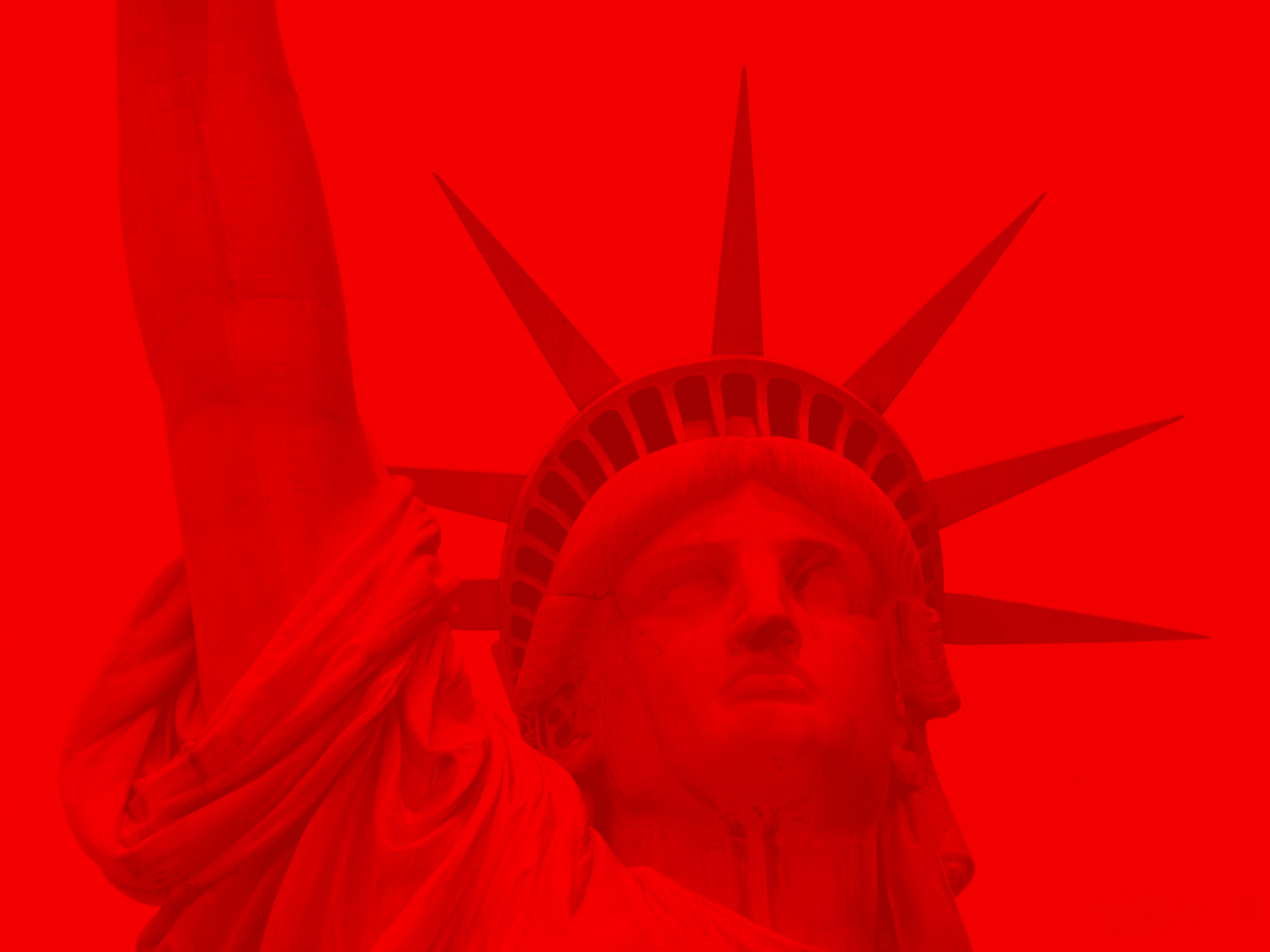British prisons face a crisis that is rarely discussed publicly. Tommy Robinson, in a recent interview about his time in multiple prisons, described a system where Islamist gangs have gained extraordinary influence. “They’re building an army within the prison system,” he warned, claiming that hardened criminals are converting to Islam and forming networks that operate across wings and even between prisons.
A Quiet Crisis Behind Bars
Robinson described some wings functioning almost like separate enclaves, where dominance replaces discipline. Vulnerable inmates are coerced under the guise of religion, and staff fear reprisals if they challenge gang organisers. Prisoners who resist, such as the so-called Piranha Gang, a group of English inmates who opposed the rise of Islamist control, can spend years in solitary confinement for their own protection. Meanwhile, Islamist prisoners reportedly enjoy privileges, from better food and work access to fully equipped recreational and study facilities.
Messages coordinating gang activity, Robinson reports, are spread via imams and even lawyers, allowing radical networks to operate with near impunity. He cites extreme examples, including past killings, to illustrate the stakes, noting that staff have been attacked and prisoners murdered, and that incidents are often underreported in the media. He also emphasizes the unique cohesion of Islamist prisoners: a “brotherhood” that operates with strict loyalty and mutual protection, making them more effective at organising than other inmate groups.
Robinson’s warnings extend beyond Britain. He cautions that if left unchecked, similar patterns could emerge elsewhere. In the United States, for example, he claims that conversion of prison gangs to Islam is already a concern, creating the potential for organised networks of radicalised prisoners.
The Systemic Failures
According to Robinson, the issues are compounded by systemic weaknesses. Staff, even when aware of coercion or intimidation, often have limited ability to respond without fear of reprisal. Separation units intended to contain violent or radical prisoners sometimes provide them with comfort, while those who resist radicalisation can spend years in extreme isolation. Robinson describes situations where Islamist prisoners have access to kitchens, recreational equipment, and religious libraries, while non-Muslims face restrictions or intimidation.
He also highlights the role of faith provision in prisons. While genuine religious practice should be protected, he argues that some chaplaincy spaces are exploited to recruit and pressure prisoners. Coerced conversions are not only a moral and security issue but, in his view, a criminal one, as inmates are forced to choose between submission and abuse.
What Must Be Done
Whether or not one accepts every detail of Robinson’s account, the problems he raises point to urgent reforms. Prisons must enforce rules decisively, ensuring that staff are empowered to act without fear. Intelligence-led management is critical, tracking money, influence, contraband, and coercion. Access to privileges should be tied to behaviour, not group loyalty.
Faith provision must be accredited, supervised, and transparent, allowing genuine worship while blocking recruitment. Segregation units should be used only for those actively organising violence, with regular reviews and clear criteria. Rehabilitation programmes - education, work, and disengagement initiatives - must connect directly to parole and re-entry support, preventing gangs from exploiting released prisoners.
Transparency is also essential. Quarterly data on assaults, staffing, segregation, contraband, and rehabilitation outcomes should be published, with inspectors granted unfiltered access and recommendations acted upon promptly.
The Stakes Are High
Robinson’s warnings, though controversial, underscore what happens when intimidation, coercion, and unchecked gang influence replace authority. Staff, inmates, and the wider public all pay the price when radical networks are allowed to consolidate power.
Ignoring these realities risks creating a system where vulnerability is exploited, loyalty to gangs trumps the rule of law, and radicalisation spreads unchecked, not just inside prison walls, but into the wider society once prisoners are released.


